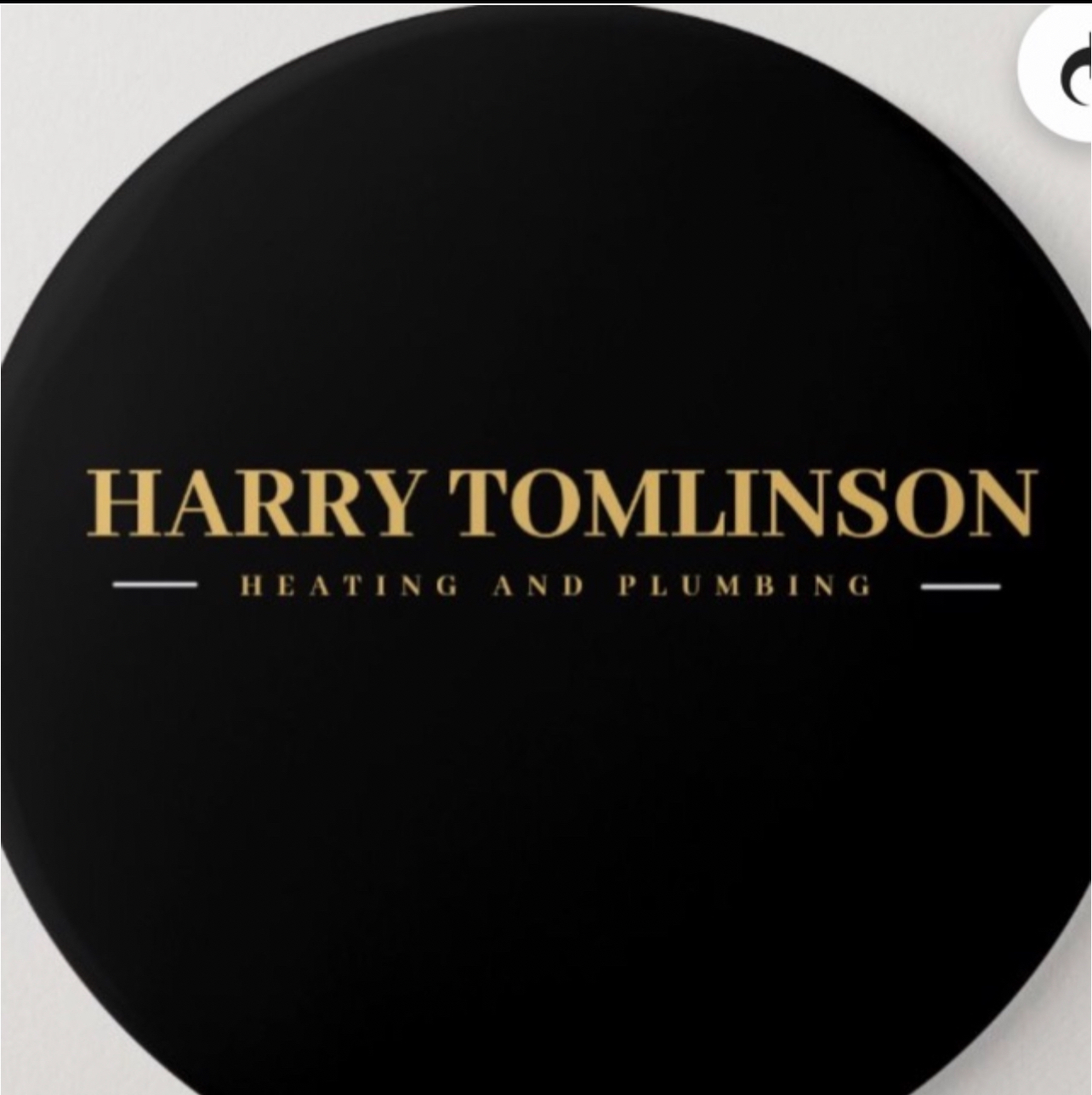
Premium Water Conditioners Vs Limescale
- Harry Tomlinson

- Jul 4, 2024
- 3 min read
Updated: Jul 11, 2024
Limescale doesn’t only affect your bathroom. It has an impact on the efficiency of boilers, showers, hot water tanks, washing machines, irons, and taps.
Water that has been treated by the in-line water conditioner is perfectly drinkable and includes all the essential minerals that occur naturally.
Salt dosing water products are designed to soften water. This process has many drawbacks because sodium is released into the treated water. Non dosing treatments also have a long list of unhappy customers.
Limescale solution has been independently tested and proven to reduce limescale in water systems, saving up to 55% of energy costs.
Payback can be very fast, due to the wide spectrum of savings in household chemicals, water heating and ensuring that your appliances last longer.
Boiler Limescale.
There are many reasons why a boiler may become less efficient over time. One of these reasons is build up of boiler limescale deposits within pipework and on heat exchangers.
Firstly limescale is one of the most common causes of reduced heating efficiency. With studies from British Water showing that just 1.6mm of scale build up can cause a loss of up to 12%. Although this issue is somewhat bespoke to lovations with hard water (where the water contains 300+ parts per million). It is a widespread issue within the UK as 60% or more of homes are located in a hard water area.
Why Should I Use A Water Conditioner?
There are chalk and limestone regions scattered through the UK, especially in the South and East of England. An estimated 13 million UK homes are in hard water regions. The more limescale deposits allowed to build-up within your pipes, boiler heat exchanger and kitchen appliances, the more reduced water flow issues and appliance breakdowns you will experience. This can lead to long downtimes, expensive repairs, and in some cases total replacement.
Integrating a inline water conditioner into your mains water supply is a great way to reduce the amount of mineral build-up in your plumbing, as well as offering protection from metal corrosion which can occur beneath the scale.
Pros and Cons of Water Conditioners and Water Softeners
Water Softener Pros
Water softener will give you real soft water. This means you’ll get reduced scaling on pipes, no spotting on taps, drains and dishes. It increases soap lather, so much less soap is needed when washing or using the dishwasher.
Water Softener Cons
The main disadvantage of a softener is that it requires regular maintenance and upkeep. They need salt to operate, which needs to be replenished periodically, resulting in additional costs.
The process causes sodium and potassium ions to be deposited in the water which is flushed away. This is an environmental concern and a potential health hazard. Additionally, water softeners generate waste water for the regeneration process.
Water Conditioners Pros
A water conditioner will protect your pipes from scale build-up and will reduce scale stains around your fixtures and drains.
Water conditioners are also considered a green alternative to softener systems. They don’t create any waste products like water softeners or consume energy to operate.
Unlike a water softener, you don’t have to worry about refilling with salt, so it requires no maintenance or ongoing running costs.
A water conditioner is much smaller than a water softener and can be fitted in line with no storage requirements.










Comments